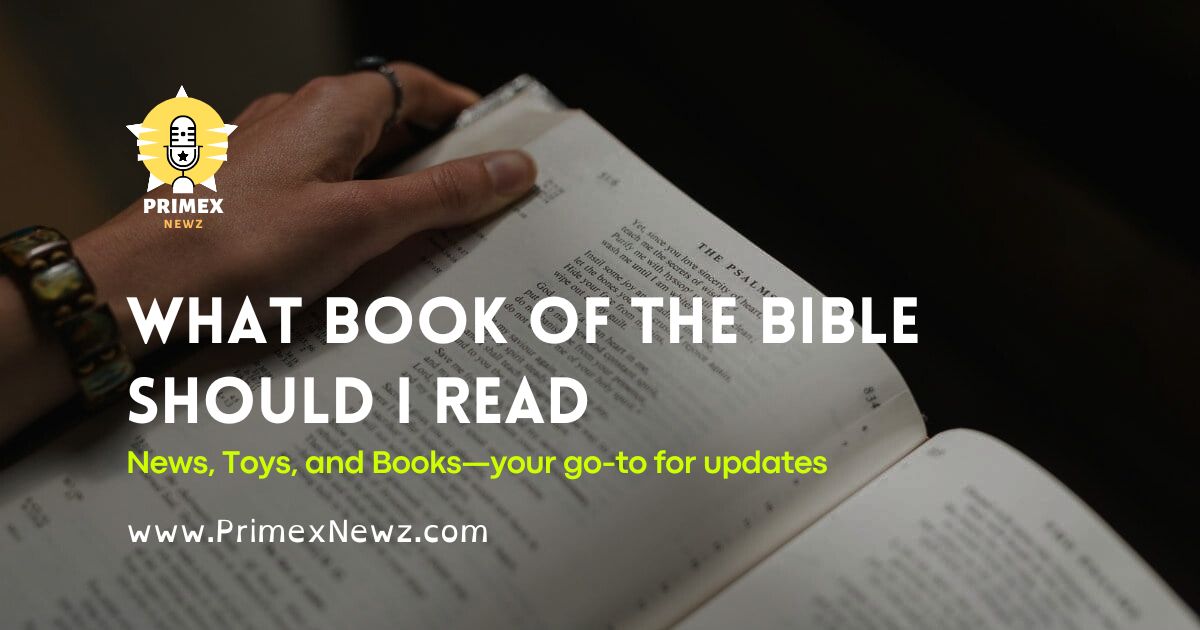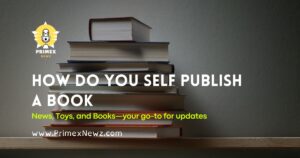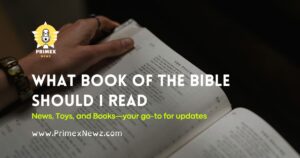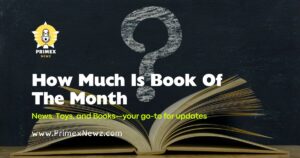When you begin reading the Bible, it’s helpful to understand its structure. The Bible is divided into two main sections: the Old Testament and the New Testament. Each part includes different types of books, such as historical accounts, poetry, prophecies, and letters. This diverse format can be overwhelming, but choosing the right starting point can make your Bible reading plan more meaningful and manageable.
Choosing the right book can greatly impact your spiritual growth. Starting with a book that aligns with your interests or needs can enhance your understanding. For instance, if you’re wondering What Book Of The Bible Should I Read to learn about Jesus, the Gospels are a natural choice.
If you’re drawn to wisdom literature or historical narratives, books from the Old Testament might be more suitable. Approach this journey with an open heart, and you’ll find the experience deeply rewarding.
Starting with the Gospels

The Gospels—Matthew, Mark, Luke, and John—are excellent starting points for anyone new to the Bible. These books focus on the life and teachings of Jesus, providing a clear picture of His message and mission. Each Gospel offers a unique perspective, which helps in gaining a comprehensive understanding of Jesus Christ and His teachings.
Matthew provides a detailed account of Jesus’ life, emphasizing how He fulfilled Old Testament prophecies. Mark is the shortest Gospel and presents a more immediate, action-packed view of Jesus’ ministry. Luke offers a thorough and compassionate narrative, ideal for those seeking an orderly account. Lastly, John explores the divinity of Jesus and presents a profound theological perspective. Starting with these Gospels can give you a solid foundation in understanding Jesus’ teachings and His impact on Christian faith.
Exploring Key Books in the Old Testament
If you wish to explore the Old Testament, there are several key books to consider. Genesis, the first book of the Bible, covers the creation of the world, early human history, and the Israelite nation‘s beginnings. It provides a foundational understanding of God’s relationship with humanity.
Exodus continues the story with the Israelites’ escape from Egypt and the reception of the Ten Commandments. This book highlights God’s deliverance and laws for His people. Psalms offers a collection of prayers and songs that reflect a wide range of human emotions, useful for personal devotion and understanding God’s character. Proverbs provides practical wisdom for living a righteous life, making it a valuable resource for everyday guidance. Each of these books contributes to a broader understanding of redemptive history and Christian living.
Diving into the Epistles
The Epistles are letters written by early Christian leaders, primarily Pauline letters, that offer guidance on living a Christian life. These letters are crucial for understanding the practical aspects of Christian doctrine and community living.
Romans lays the groundwork for fundamental Christian doctrine, focusing on salvation and grace. Ephesians discusses Christian unity and the role of the Church, emphasizing the importance of living in love. James provides practical advice on living out one’s faith with integrity, while 1 Peter encourages believers facing trials and persecution. Reading these Epistles can offer profound insights into Christian life and how to navigate challenges with faith and resilience.
Finding a Study Plan that Works for You
Creating a personalized Bible reading plan can help you stay committed and make the most of your study time. Start by setting achievable goals that align with your interests and spiritual needs. For example, you might choose to read through a specific book or focus on a particular theme, such as the teachings of Jesus or Christian unity.
Developing a consistent reading routine can also enhance your spiritual growth. Try to set aside a dedicated time each day for reading and reflection. Additionally, using study aids such as Bible apps, commentaries, or study guides can enrich your understanding and provide valuable context for the passages you read. A well-structured study plan helps in deepening your comprehension and fosters a meaningful connection with the text.
Articles You May Like
The Asbury University Movement: Talking About Revival with Teenagers explores recent revival movements and their effects on the younger generation. It highlights how young people are engaging with their faith in transformative ways.
Rooted’s Top Ten of January 2022 provides a roundup of popular Christian resources from January 2022, including books, podcasts, and events that can enrich your spiritual journey.
The Busy Youth Minister: Following Jesus – a Rule of Life offers practical advice for youth ministers balancing their roles with personal faith practices. It discusses strategies for integrating faith into daily life and ministry.
A Quick and Easy Guide to Choosing Which Book of the Bible to Read

When deciding which book of the Bible to read first, remember to consider your personal interests and spiritual needs. Starting with the Gospels provides a deep dive into the life and teachings of Jesus, which is foundational for any new Christian. If you’re interested in the Old Testament, books like Genesis and Exodus offer crucial background on God’s early covenants and the history of Israel.
For those who prefer practical guidance, the Epistles offer valuable insights into living out your faith. By tailoring your reading plan to your needs and interests, you’ll find a more engaging and enriching Bible study experience. Explore different books, reflect on their messages, and enjoy the journey of discovering the rich and transformative teachings of the Bible.
FAQs
What’s the best book of the Bible to start reading?
For beginners, the Gospel of John is an excellent choice. It provides a clear picture of Jesus Christ and His teachings, focusing on His divinity and mission. Starting here offers a strong foundation in understanding the core of Christian faith.
Where should a new believer start in the Bible?
A new believer should start with the Gospels, particularly John, to understand Jesus’ life and His message. This book provides a strong foundation for Christian faith and helps new believers grasp essential teachings.
What book of the Bible should a non-believer read?
The Gospel of John is also a great choice for non-believers. It focuses on the life and teachings of Jesus, offering a straightforward introduction to the core messages of Christianity and the concept of salvation.
What book of the Bible should I read to find my purpose?
Proverbs is a valuable book for finding purpose, as it offers practical wisdom and guidance for living a meaningful life. It provides insights into making wise decisions and understanding one’s role in God’s plan.
How should a beginner study the Bible?
A beginner should start with a structured Bible reading plan and use study guides or devotionals. Begin with simpler books like the Gospels, and gradually explore other parts of the Bible while reflecting on key passages and their meanings.
How should I read the Bible correctly?
Read the Bible with prayer and reflection, using a reliable translation that suits your understanding. Consider historical and cultural contexts, and use study tools like commentaries to deepen your comprehension of the text.
What should be the first book of the Bible?
The Gospel of John is often recommended as the first book to read. It provides a clear introduction to Jesus Christ‘s teachings and the essentials of Christian faith, making it a suitable starting point for understanding the core message of the Bible.
Final Thoughts
What book of the Bible you should read, starting with the Gospel of John offers a clear and accessible introduction to Jesus’ life and teachings. This book helps you understand the core message of Christianity and builds a solid foundation for your faith journey.
After the Gospel of John, you can explore other parts of the Bible, such as Proverbs for wisdom and Psalms for personal reflection. Following a Bible reading plan will guide you through different books and help deepen your understanding. This approach ensures a comprehensive grasp of Christian teachings and encourages personal spiritual growth.
Explore More :
- Wyrmling
- battle master maneuvers
- d&d maps
- destiny 2 dungeon
- How Many Books Are In The Old Testament
- how much is book of the month

Jessica loves sharing about News, Books, Toys, Accessories, and Dragons. She enjoys keeping things fun and easy to understand. With her help, you’ll always find something exciting to explore on the site.











